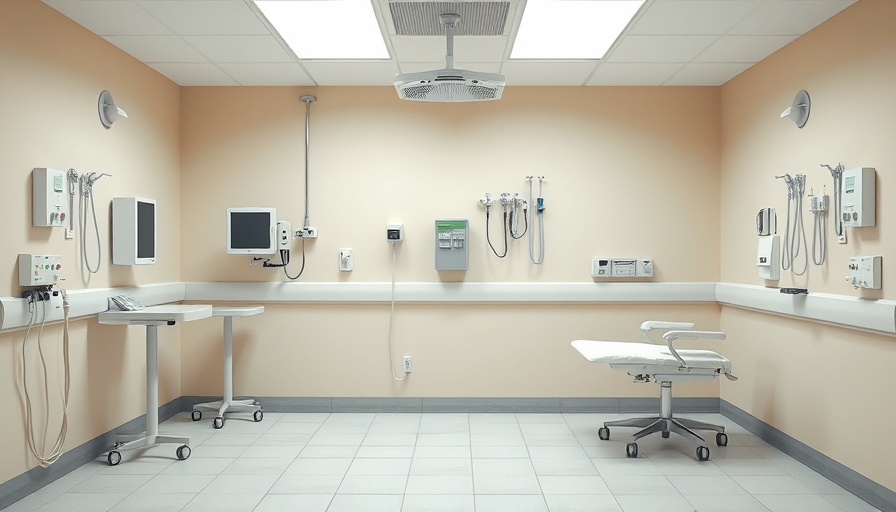
Impending Medicaid Cuts: A Threat to Native American Health Programs
As legislative discussions intensify over potential cuts to federal Medicaid funding, Native American health centers, such as the Oneida Community Health Center in Wisconsin, are sounding alarm bells. With over 40% of its 15,000 patients relying on Medicaid, the center's ability to provide essential health services hangs in the balance. The director of the center, Debra Danforth, emphasizes, "It would be a tremendous hit." This sentiment echoes across Indian Country, where Medicaid funding plays an integral role in healthcare sustenance.
Understanding the Unique Relationship Between Medicaid and Tribal Health
For many tribes, Medicaid is not just a supplementary health program; it is a crucial lifeline. It covers significant funding gaps left by the Indian Health Service (IHS), the federal agency tasked with providing healthcare to Native Americans, which is historically underfunded. Medicaid has been responsible for around two-thirds of the revenue for tribal health providers, thus ensuring operational stability and accessibility to vital services.
Consequences of Medicaid Cuts on Health Disparities
The potential cuts could exacerbate the already dire health disparities faced by Native populations. According to experts, communities with a high concentration of Native Americans already confront severe health inequities, ranging from higher chronic illness rates to lower life expectancies. Specifically, the average life expectancy in some tribal regions is a staggering 64 years, the lowest among any demographic in the U.S. Furthermore, reductions in Medicaid would limit access to preventative care and primary health services—elements critical for maintaining community well-being.
Tribal Leaders Mobilizing to Protect Health Funding
Tribal leaders are rallying for congressional intervention to exempt Native communities from Medicaid cuts, framing such reductions as violations of the federal government’s treaty obligations to provide healthcare. Liz Malerba from the United South and Eastern Tribes Sovereignty Protection Fund stated, "We view any disruption or cut to Medicaid as an abrogation of that responsibility." The urgency of this call to action emphasizes the vital importance of Medicaid in fulfilling these long-standing agreements and commitments.
The Broader Impact of Medicaid on Rural and Urban Health
In rural and urban settings alike, Medicaid serves as a primary insurer for Native Americans. Leaders emphasize that many urban Indian organizations depend on Medicaid reimbursements, and any funding alterations could lead to downsizing and service cutbacks. An analysis highlighted that Medicaid allows clinics to expand services and comply with growing demand, demonstrating its integral role in balancing healthcare access.
Final Thoughts: The Fight for Health Equity
The stakes could not be higher for Native American health systems. Cuts to Medicaid could dismantle years of progress in health service provision. As Congress deliberates, it is crucial for stakeholders, advocates, and communities to unify in their efforts to ensure that these essential healthcare services remain intact.
 Add Row
Add Row  Add
Add 




 Add Row
Add Row  Add
Add 



Write A Comment